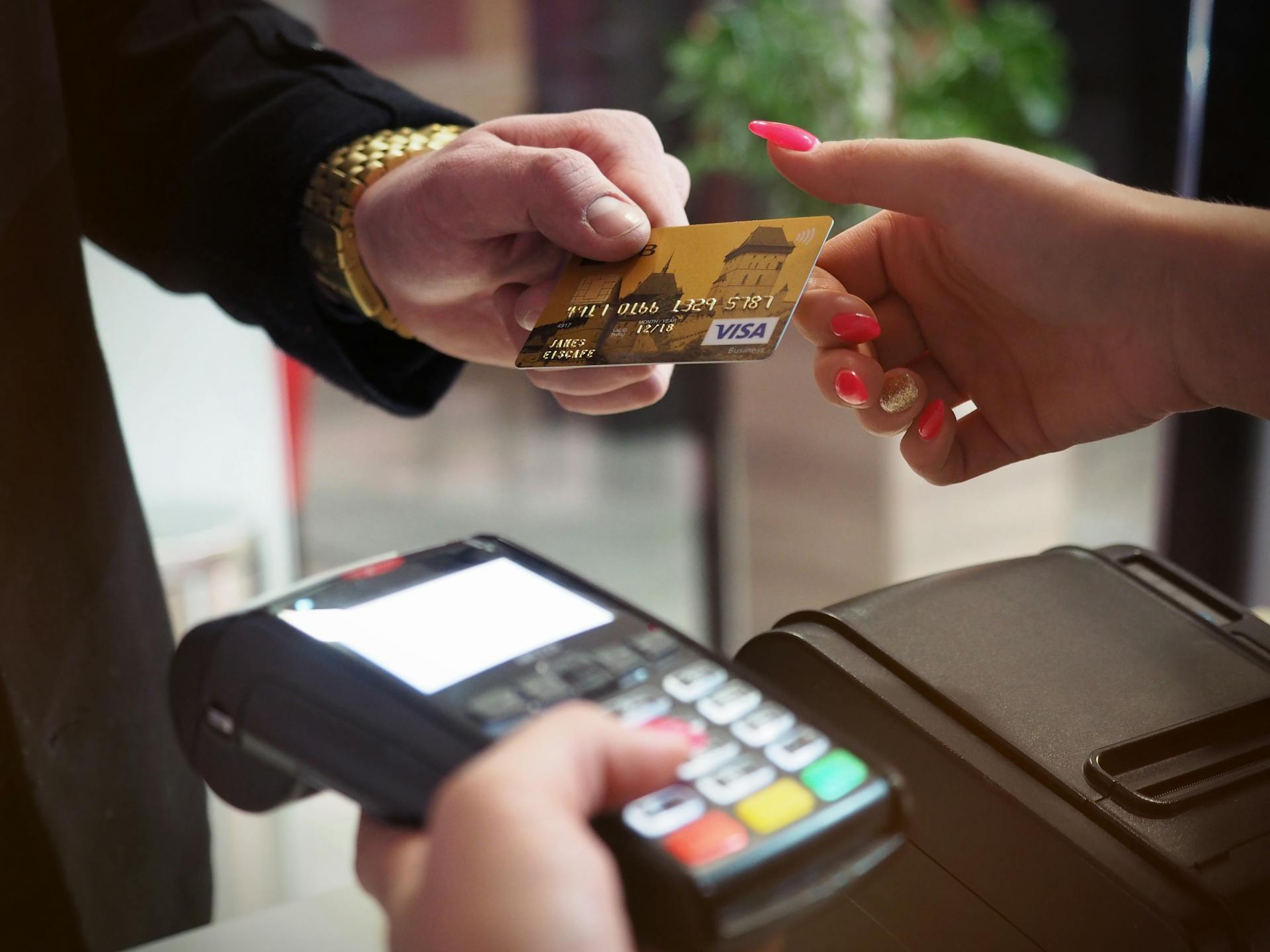US Consumer Spending: A Looming Crisis

Major US companies, including retail giant Walmart and airline powerhouse Delta Air Lines, have issued stark warnings about declining consumer spending, causing concern among finance professionals worldwide. The warnings point to a significant shift in consumer behaviour driven by economic uncertainty, tariffs, and inflation—factors that threaten economic stability and financial market performance.
Delta Air Lines recently shocked markets by slashing its first-quarter earnings expectations. CEO Ed Bastian explained that both corporate and consumer spending had stalled, forcing the airline to halve its revenue growth predictions and cut earnings-per-share projections by up to 70%. This sudden downturn signals a broader slowdown in domestic travel, despite stable growth in premium and international segments. Such stark revisions from Delta, traditionally a strong performer in the aviation industry, have sent worrying signals to investors. The Dow Jones Industrial Average fell by over 500 points following the announcement, reflecting growing investor anxiety.
Meanwhile, Walmart, a cornerstone of American retail, has expressed deepening concerns about consumer spending, especially as tariffs imposed during the Trump administration escalate. Walmart has been compelled to take drastic measures to soften the blow of increased tariffs, including demanding price cuts of up to 10% from Chinese suppliers per tariff round. Walmart CEO John Furner specifically highlighted the potential negative impact these tariffs could have on consumer spending during critical shopping seasons, underscoring the risk tariffs pose to both retail profitability and wider economic health.
This situation isn't unique to Walmart. Dollar General's CEO Todd Vasos reports similar struggles among lower-income customers who now find it challenging to afford basic necessities. Major retail names such as American Eagle Outfitters, Dick's Sporting Goods, E.l.f. Beauty, and Abercrombie & Fitch have similarly adjusted their forecasts downward in reaction to decreased consumer demand. Collectively, these adjustments signal that consumers are tightening their wallets considerably.
Central to this worrying economic picture are tariffs, now significantly higher under President Trump, which target imports from China, Canada, and Mexico. Initially set at 10%, these tariffs have risen to 20%, causing retail giants and their suppliers substantial financial stress. Walmart’s proactive push to reduce prices from suppliers is emblematic of broader industry efforts to shield consumers from direct price hikes. However, such measures may be insufficient long-term, potentially leading to higher retail prices and further suppressing consumer spending.
The wider impact of these tariffs extends beyond retail shelves. The increased costs of goods inevitably feed into inflationary pressures, squeezing disposable incomes and dampening overall consumer confidence. Retail sales data for February 2025 already showed modest gains falling short of expectations, indicating a clear pullback in spending behaviour. This decline is troubling when viewed against ongoing debates around tariffs and inflation, both critical factors influencing consumer psychology and market dynamics.
Delta Air Lines' warning about slowing domestic demand mirrors a broader shift in consumer confidence that finance professionals cannot afford to ignore. Airlines often act as economic bellwethers, and Delta's drastic earnings adjustment implies deeper systemic risks. Similarly, Walmart's concerns around tariffs reflect a vulnerability within retail—a critical sector representing consumer strength in the US economy. Together, these indicators suggest financial markets may face increased volatility as investor sentiment responds negatively to ongoing uncertainties.
This collective downturn has fuelled fears of what some analysts label a "Trumpcession," referencing the significant stock market losses since President Trump's re-election in 2024. The S&P 500 index, having initially made gains post-election, lost approximately 10% of its value from its February highs before partially recovering. This volatility, driven largely by weakening consumer spending and tariff-driven inflation, highlights the fragility of market optimism.
The combined insights from Delta and Walmart represent a critical early warning system. They signal potential trouble ahead in consumer-driven economic activity, which constitutes approximately 70% of US GDP. Continued weakness in this area could significantly disrupt economic stability and investor confidence.
What's Next
Finance professionals must brace for continued volatility as companies and consumers navigate uncertainty around tariffs and inflation. Close attention to retail sales, airline earnings, and consumer confidence indicators will be vital for early detection of further downturns. Investors should prepare for potential defensive shifts in strategy, possibly moving towards sectors less vulnerable to consumer spending fluctuations. Additionally, policy developments around tariffs and trade agreements could offer some relief or exacerbate current trends, making close monitoring essential.
World Liberty Seeks Federal Trust Charter
World Liberty Financial, the crypto venture backed by the Trump family, has applied for a US national bank trust charter... Read more
Saudi Banks Tap Overseas Markets
Saudi Arabia’s banks are borrowing from international markets at their fastest pace on record, as lenders try to squar... Read more
Amazon Continues To Cut 16000 Gone
Amazon has announced plans to cut a further 16,000 roles from its corporate workforce, extending the cost and organisati... Read more
The UK May Have A Voice In Ai
Europe’s AI sector has grown accustomed to playing catch-up. Capital has flowed more slowly than in Silicon Valley, va... Read more
Musk Applies Pressure To BT
Britain’s broadband market has spent the past decade locked in a familiar pattern. Incumbents invested heavily in fibr... Read more
Blackrock Sees EMEA Moving Into Private Assets
BlackRock has warned that investors across Europe, the Middle East and Africa are reshaping portfolios in response to wh... Read more

